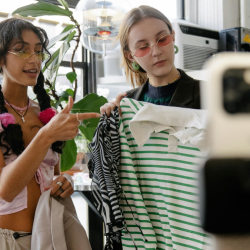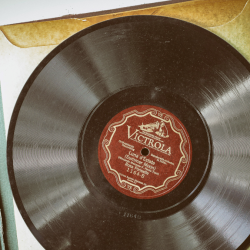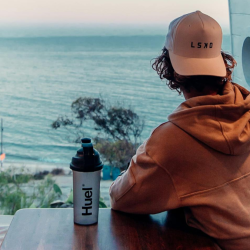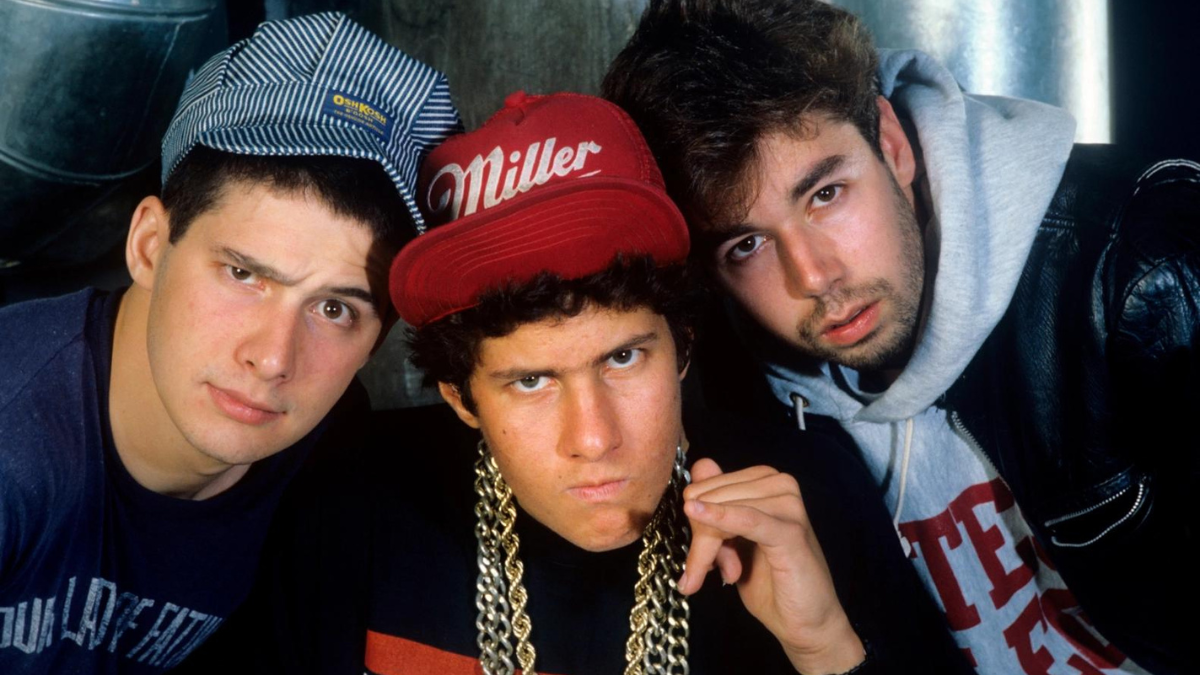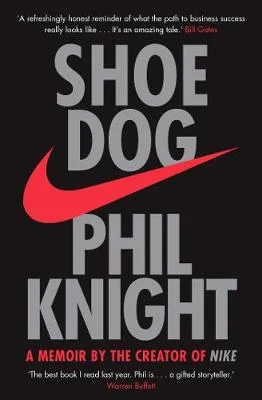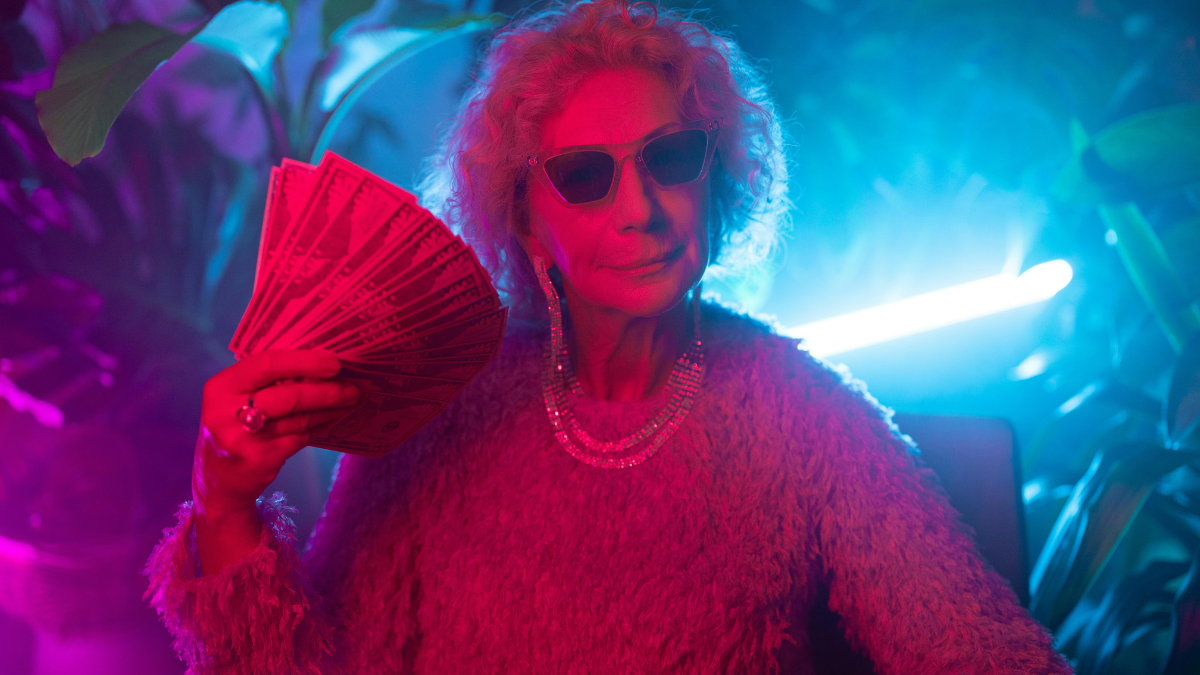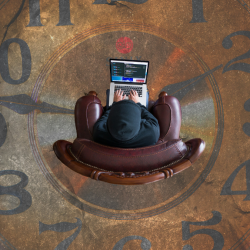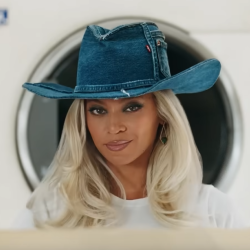When I was 7, I watched the European Cup Final on a black and white television that my folks rented from Rumbelows. Now I fully understand that much of that sentence will make no sense to anyone under the age of 40, but bear with me. That match (with Liverpool winning on penalties against Roma, in Rome) was the moment that I adopted Liverpool FC as my team. Call me young, impressionable, call me a shameless glory hunter — I was all three, and proud of it. Yet as a kid born in Upton Park, the home of West Ham United, my choice caused me no end of aggro at school. And as I turned 12, I was faced with a choice as I moved to a new school where few would know my history.
Should I switch teams? Shall I kill dead all talk of being a Cockney Red? And shall I just start blowing fucking bubbles like everyone else? Quite a choice for a young man.
Around the same time, I fell deeply in love with hip-hop, having been taken to a breakdance championship by my dad, who no doubt regrets it even to this day. It was new, rebellious, and raw, and I straight up loved it, all of it. Like my love of Liverpool FC, I had no connection to and little in common with rappers and DJs from the streets of New York or Los Angeles, but it spoke to me, and still does to this day.
On 11th August 2023, hip-hop will celebrate its 50th birthday; from its lofty position of being the most globally important cultural movement of the day. And for me, much of that success comes from the one thing that the movement prizes above all else: being real. This concept of authenticity and truth heavily influences much of hip-hop’s work and has its roots in racialised resistance; from the mid-20th century where artists would ‘keep it real’ by eschewing ‘whiteness’ and openly celebrating being Black.
As The Washington Post notes, ‘Black DJs of the 1940s and ’50s, refusing to sound white, broadcast a distinctive mix of straight talk and jokes over the night time airwaves. At the same time, 1940s bebop, with its emphasis on improvisation and scat, was a form of musical expression that defined the Black experience.’
This concept of realness permeates through the culture, across the elements of MC’ing, DJ’ing, graffiti writing and breakdancing, with the Fifth Element: Knowledge underscoring its importance. Of course, there is poetic license in many of the stories told through the art, but there has always remained a deep sense of truth within hip-hop that continues to reflect its youth culture beginnings. As KRS-One spits on My Philosophy (above), ‘It’s not about a salary it’s all about reality.‘
In today’s market, authenticity can be the make or break factor in a brand’s success. In fact, not only do 90% of customers report that authenticity is an important factor in deciding which brands they like, but millennials and Gen Z (almost 140 million people) now prefer brands that are ‘real and organic‘ as opposed to ‘perfect and well-packaged.’ The notion that a brand or an artist (or a ‘London living’ ‘Liverpool supporting’ child… more on that soon) is being true to themselves buys you permission to get things wrong.
Reading Nike founder Phil Knight’s memoir Shoe Dog recently, I was struck by the times that Nike brought a new shoe innovation to market, into the hands of professional athletes, only for them to fall apart. That would (you would think) signal the end of Nike as a serious player in the space, but the authenticity of that business from the ground up meant that consumers gave them a break when it didn’t work out.
Break the code though, and you’re toast. Or at the least you’re left with a hell of a mountain to climb to get back to the summit. Dieselgate continues to quite rightly dog the brands involved and Brewdog’s lurch from industry disruptor to uncaring employer in the minds of consumers was swift. Consumers aren’t that quick to forgive… or forget. ‘It takes a second to wreck it, it takes time to build‘ as the Beastie Boys rightly point out. Which brings me back to my childhood quandary, what did I do? I stuck to my guns, in spite of the continued aggro. But many didn’t. And those that switched, those that broke the code all those years ago. I see you.
Featured image: Beastie Boys / Rolling Stone

